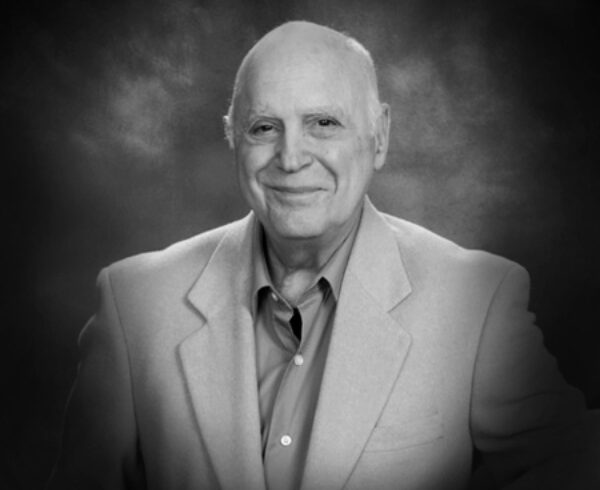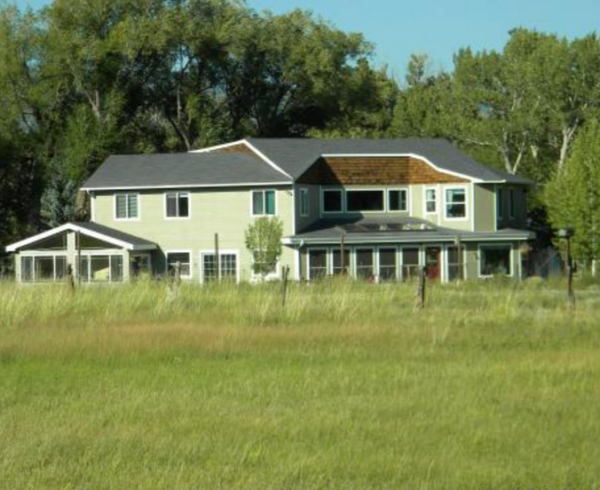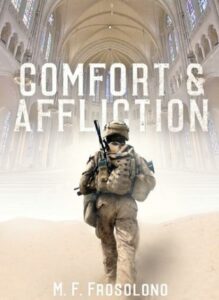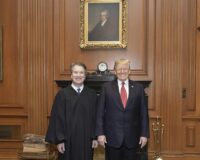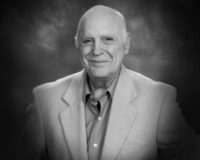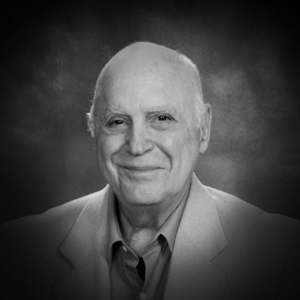I experienced an epiphany concerning time when I was a sophomore at LaGrange High School. This sudden new insight occurred shortly after my first day in Mrs. Raymond Smith’s sophomore English class. Mrs. Smith and my grandmother, Mama Ruth, sang in the choir at the First Presbyterian Church. I sometimes noticed Mrs. Smith looking intently at me from the choir loft. She had a reputation of a stern taskmaster.
Learning to Write
Mrs. Smith, as I learned many years later, commanded the school administration to assign me to her class. One did not casually go against her wishes, much less her imperatives. On the first day of class, she instructed me to return to her classroom after school. “Be here promptly after sixth period,” she replied coldly to my protestations.
When I returned to the classroom, Mrs. Smith began our primarily one-way conversation without any preamble. She stated her thorough familiarity with my family history and circumstances. Her next remark caught me completely off guard, “I know you are unhappy with your present situation and I know you want a life different from the one you have now.” I had the good sense not to reply.
She continued, “I read some of your compositions from your freshman English class with Miss Mildred McClain. You have the potential to become a good writer. I supported your request to take Journalism this year. You are the first person we have allowed to take Journalism before the junior or senior year.”
I said, “Thank you.”
Mrs. Smith nodded. “Learning to write well will be invaluable in helping you find a new life. You have come to my class too late for me to have much effect on the way you speak. Your family background was not helpful in that respect. What I promise is that, by the time you leave my English class, you will be able to write much better than you do now. You might even learn to write a simple declarative sentence!” She paused, never blinking her steely eyes, “Of course you will be required to work much harder for me than you ever have in your life.” Mrs. Smith was correct.
My Youthful Epiphany
Her comments had something to do with my epiphany, which occurred before I knew much about Albert Einstein and his scientific theories concerning Special and General Relativity and cosmology. I believed the past remains only in our individual and collective memories. We can’t live in the past that no longer exists. The present exists very briefly before it, too, becomes the past. The smaller the interval of time we can measure, the shorter our present. What does one second, much less one microsecond, mean to us? We exist, therefore, only briefly in the present. I concluded that I primarily live in the future, which always rushes upon us because we cannot stop, reverse, or even slow down time.
I know the overall outline of this epiphany clashes in some respects with Einstein’s view that the past, present, and future all exist simultaneously as a single reality. That is, he completely rejected the separation we experience as the moment of now. Upon the death of his lifelong friend, Michele Angelo Besso, Einstein wrote to the family that, although Besso had preceded him in death it was of no consequence, “…for us physicists believe the separation between past, present, and future is only an illusion, although a convincing one.”
I do not have the mathematical skills to challenge Einstein’s view of reality. Apparently, much of his work has stood the challenge of rigorous scientific investigation. If Einstein is correct that no separation exists between past, present, and future, we might gain some insight as to how God can be everywhere present and all knowing: When God created all that exists, seen and unseen, God’s creative endeavors included time; hence, God may not be bound by our ordinary understanding of time.
Einstein notwithstanding, people whose heritage and traditions arise from Western civilization and the Christian experience perceive time as a phenomenon that constantly propels us into the future. The sense of time flowing in one direction, from past to future, corresponds to our ordinary observations of this world. Beginnings come first, endings occur afterwards. We start our lives as newborn babies and, in the normally desired course of events, we die as old people. An object thrown upwards falls back to the ground, not the reverse. That is, we do not arrive old and leave young; objects do not first fall to earth and then rise up.
Going Forward
The forward impulse of time corresponds to Holy Scripture. The first verse of Genesis declares, In the beginning when God created the heavens and the earth . . . The Book of Revelation prophesies the triumphant end of time through the full establishment of God’s Kingdom on earth with Jesus Christ as God’s vicar or governor. Christ’s proclamation at the conclusion of Revelation imparts two aspects of time, forward movement and completion: I am the Alpha and the Omega, the first and the last, the beginning and the end.
We have no choice other than to go forward into the future. We cannot return to the past, no matter how wonderful it may have been or how gloriously we misperceive it. Genesis also speaks to this point. God expelled Adam and Eve from the Garden of Eden, and prohibited their return to that idyllic place: Then the Lord God said, ‘See, the man has become like one of us, knowing good and evil; and now, he might reach out his hand and take also from the tree of life, and eat, and live forever’—therefore the Lord God sent him forth from the garden of Eden, to till the ground from which he was taken. He drove out the man; and at the east of the garden of Eden he placed the cherubim, and a sword flaming and turning to guard the way to the tree of life.
January is named after the Roman god, Janus, who had two faces. The Romans often placed two-sided representations of Janus’ face in doorways looking both to the past and future. This depiction teaches that we should not go into the future without understanding our past. The philosopher, George Santayana, gave us good advice: Those who cannot remember the past are condemned to repeat it. We must remember and learn from the past as we traverse the vanishingly short present on our way to the future.
Christians understand that we must learn from, but cannot live, in the past, no matter how wonderful it might appear. After all, cherubim and a flaming sword block our way back to the Garden of Eden, the most idyllic time in our collective past. Once we became aware of good and evil, we could no longer be the creatures who existed in Eden. The story also tells us that, even when the past has a terrible psychological hold upon us, we must nevertheless go forward. Holy Scripture compels us to move on despite our past failings and triumphs.
Hope
Christians look to the past for evidence of how God keeps his mighty promises. We see God’s faithfulness to our ancestors and to us, even when they and we were not faithful to God; hence, we approach our future with confidence. We hear the awesomely victorious declaration of the Christ of Revelation, See, I am making all things new! Our hope in Christ, propels us into the future toward an always-beckoning new life.
I have little use for the weak and meaningless, Happy New Year. Rather, I wish that we would let go of the aspects of our pasts that cloud our vision of the future. Let us instead fix our hearts and minds upon the hope Christ offers us. May we all have a Hopeful New Year!

